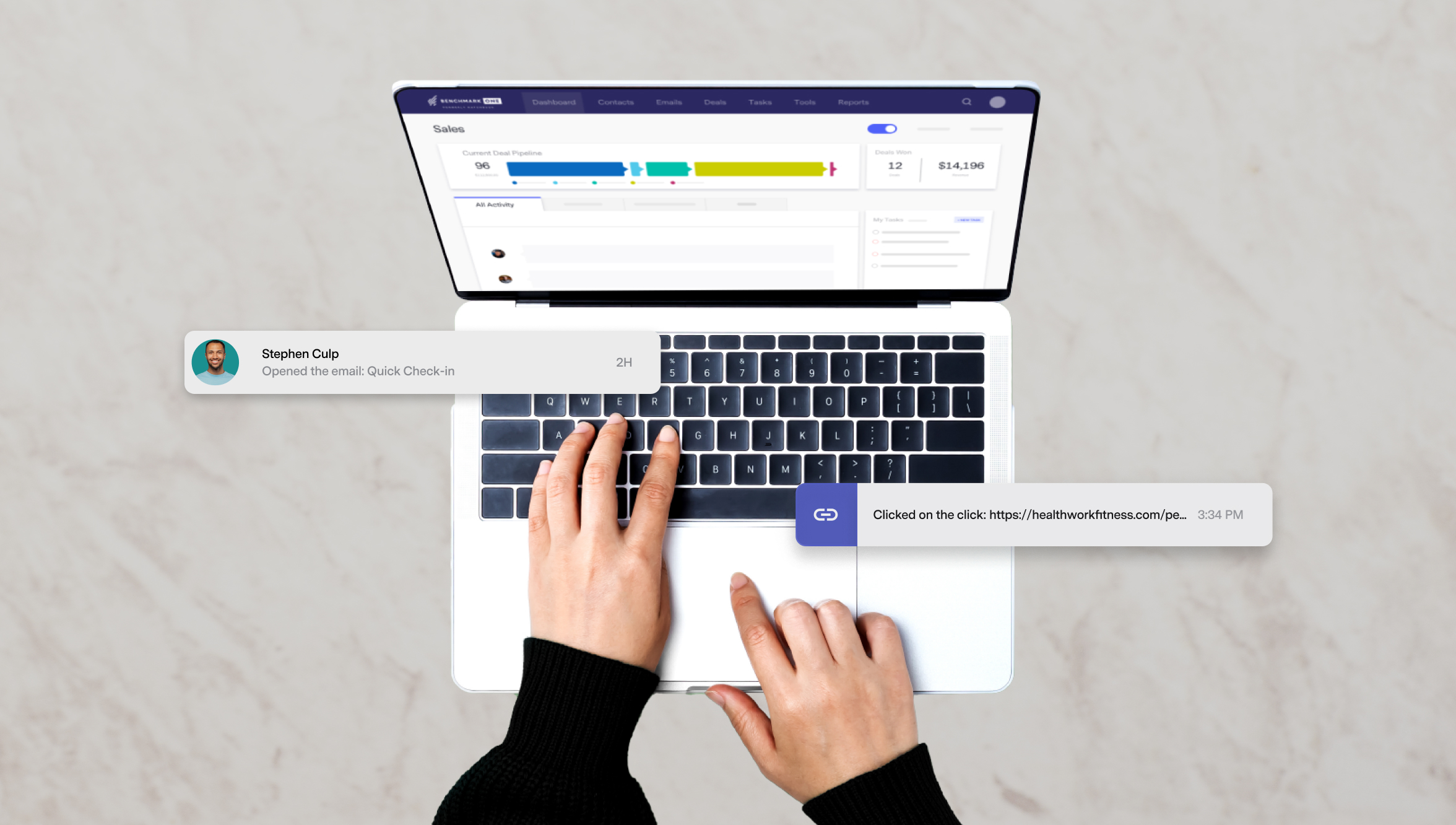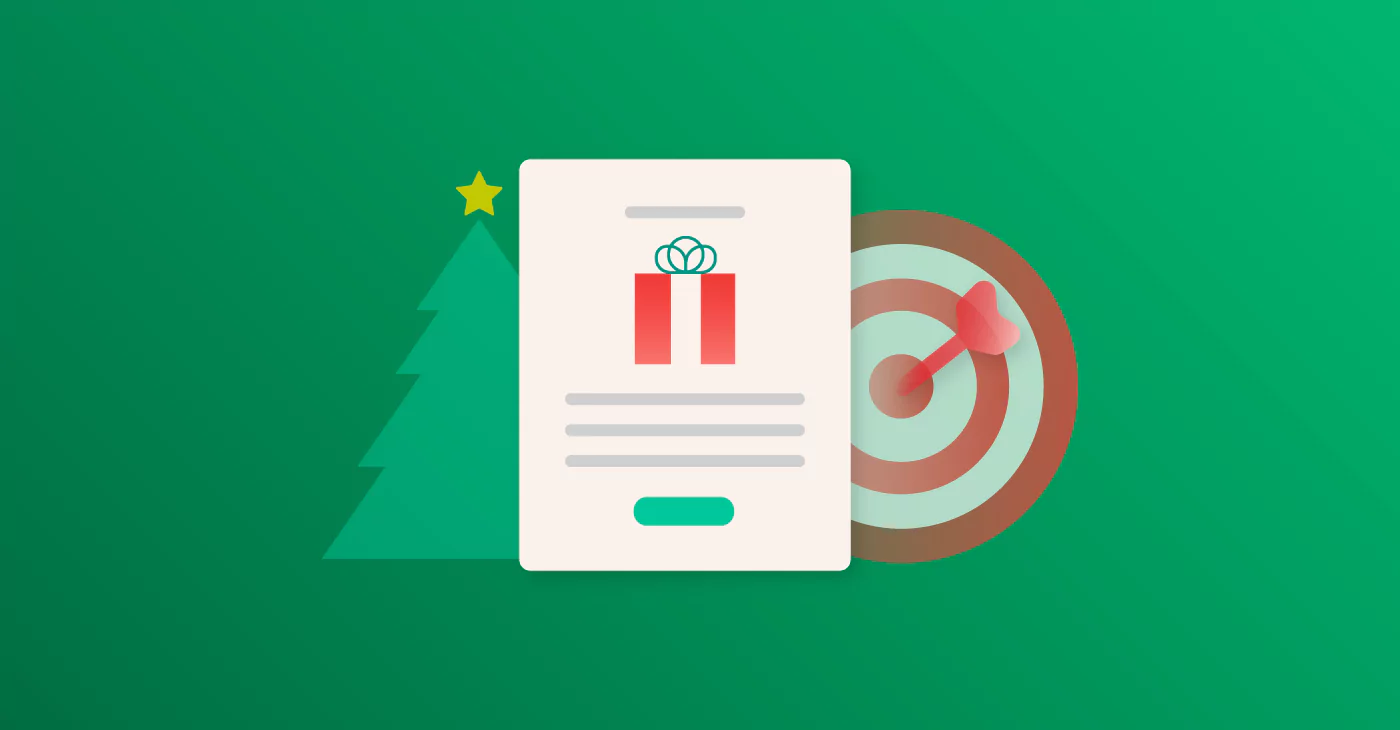
We live in an age when having a website for your company is an absolute must. A website helps assure people and website visitors that your business is legit, and it’s where potential customers turn to learn more about you and what it is you offer.
As someone who works at an agency, you’re probably very used to putting your clients’ needs first. While that’s not a terrible thing, it can definitely end up setting you back. If your agency is to build its business and get more clients, it needs to prioritize its marketing, including fleshing out and updating its website.
An agency website with the right features will help you attract the right prospects, increase your credibility, provide your business with organic traffic, generate leads, and ultimately create more customers. Read on for some features your agency website should have.
1. Examples of Your Work
Your website is a great place to show off some of the impressive work you’ve done for other clients. Make sure you have a designated and easy-to-find spot to showcase this work; that way, when potential clients come to your site, they’ll know exactly where to find it.
It’s also a good idea to explain each project, stating what the context was, the problem to solve, and any other parameters your team was working within. This shows other potential clients exactly what your team is capable of and entices them to work with you.
2. Easy Navigation
Your site’s navigation is maybe the most important feature of your website, as it impacts the user and customer experience. If website visitors have a hard time getting to important pages or accessing relevant information, it leads to higher bounce rates, meaning that visitors will be spending less time on your website. It could also eat away at your credibility and ultimately affect your business.
Ensure your navigation menu is not hidden or located in an obscure space, use names that your target audience is familiar with, and consider their needs – what would your prospects be more interested in when they land on your agency’s website?
You can also take advantage of the bottom navigation. Use the top navigation to highlight essential pages your prospects are likely to find interesting, and use the bottom navigation for other important pages you want to showcase.
Top Navigation:
- Product/services
- Examples of work
- Resources
- About section
Bottom Navigation:
- Contact information
- Career opportunities
- Blog
If you still aren’t sure what to put where look at some other sites on the web. See what your competitors are doing and take notes from websites you enjoy. If you are on a site and enjoy the experience, write down why and see if its something that makes sense for your site as well.
3. About-Us Page
The about-us page is where your website visitors can learn more about your agency and the individuals that work there. Most website owners do not treat the about-us page with the seriousness it deserves, but when done right, it can create a level of transparency that your potential clients can really appreciate. You can make it a powerful sales tool for your agency by approaching your content in a goal-oriented way.
Your agency’s about-us page should:
- Tell the story about how you started your agency
- Explain your business to prospects in a few paragraphs
- Express your agency’s core values
- Clearly state your unique value proposition
- Show the faces behind your company
- Use persuasive copy that appeals to your prospects’ emotions
This is the page you can have some more fun with and show off the personality of your agency. It’s always a good idea to provide headshots of your employees, their names, and job titles so prospective clients can see the people behind the work.
4. Comprehensive Case Studies
With about 77% of online buyers regularly reading reviews to make buying decisions in 2021, it’s important to understand the importance of case studies. They can provide potential customers with a detailed analysis of how your services and product offerings helped solve specific client problems. The goal here is to paint your client’s success with your agency’s services and show prospects how they can get the same results when they do business with you.
Case studies are different than examples of your work. While yes, they show potential clients what you do, it’s more about showing them a very specific issue you helped a client solve and explaining the results to prove you delivered on your promise. This helps set your agency apart from the many other agencies potential clients have to choose from.
Dedicate a page on your website to case studies and make it easy for website visitors to locate it, as we did with our agency partners here at BenchmarkONE. This page is accessible through our top navigation under “Agencies.”
5. A Helpful Blog
A blog with helpful, valuable, and accurate content is a must-have feature for your agency website. It can build your agency credibility by presenting you as an expert in your industry.
An excellent blog section helps you share valuable educational content with your audience. By consistently publishing blog content, you’re able to build trust and create content to share in your email nurture campaigns and on your social media calendar.
What’s more, when you prioritize SEO in your content creation, you’ll create a blog that ranks in search results, making you even more accessible to your audience searching for resources online.
6. Compact Contact Section
Some websites leave out the contact page, but we do not recommend doing so. You want to remain accessible and show site visitors that you’re willing to get in touch with them if needed. This can go a long way when you’re continuously looking to build your book of business.
Maximize the contact page section on your agency’s website by doing the following.
- Make sure finding it is straightforward for prospects
- Provide another option to contact you (e.g., your email address) apart from the contact form on the page
- Keep it simple – a form, phone number, and/or email address
- Have a clear confirmation message/pop-up that appears to prospects who reach out to you, letting them know that you’ll be in contact with them shortly
- Keep your form simple, and do not demand too much information from prospects
7. Website Forms and Landing Pages
You want to take advantage of all the site visits you’re getting by creating a way to track those visitors and enroll them into your email marketing. A great way to do this is to add pop-up forms on your website. You can add these forms to high-traffic pages and encourage visitors to sign up for your email marketing. Once you have their information, you can send them blog content and add them to your drip campaigns.
You’ll also want to have landing pages on your site, so you have a place to direct people to download valuable resources, like guides, eBooks, or whitepapers. You can create digital campaigns around these landing pages for even more exposure and to generate more leads for your agency.
Improve your business visibility and attract more leads to your agency by implementing the above must-have features for your website. If you’re interested in learning more about how BenchmarkONE helps agencies like yours build their retainer business with our all-in-one CRM and marketing automation software, partner with us today.






